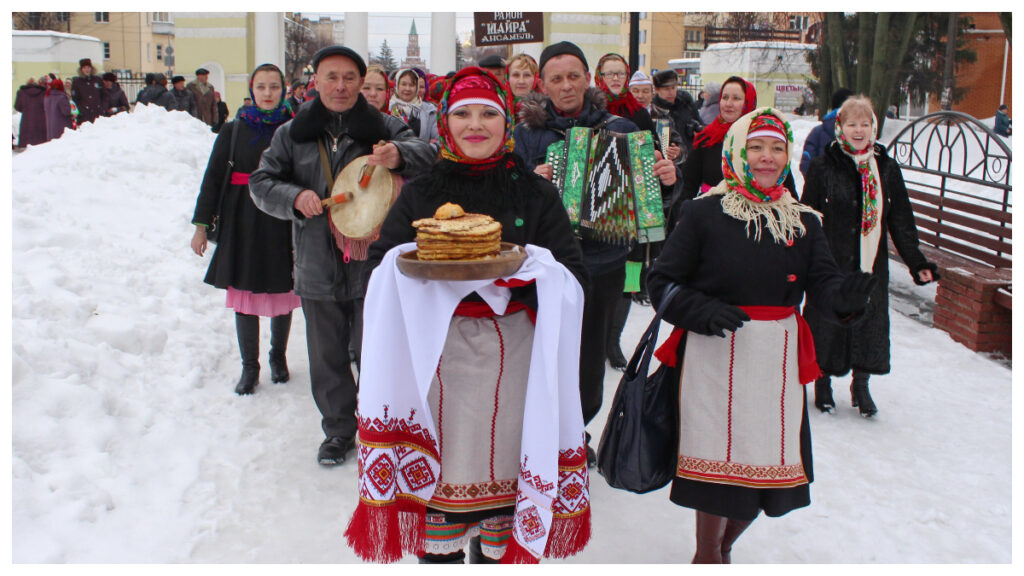An opinion poll by the Yuri Levada Centre, titled “Estonia and the Estonian society in the eyes of Russians between 2018 and 2021” was presented on 1 February at the Estonian foreign ministry; it shows that, in general, the majority of Russians have a positive view of Estonia.
The Yuri Levada Analytical Centre, an independent non-profit centre based in Russia, polled 1,634 adults in Russia and looked into their general attitudes towards Estonia and Estonians. The survey also looked at the opinions and judgements of Russians, and how informed they were about Estonia, as well as their main sources of information.
The results show that, in general, the majority of Russians have a favourable view of Estonia. 52% of respondents said they had a positive or very positive view of Estonia, whereas 17% of respondents had a negative view. A positive view is more prevalent among young people as well as those with a higher education. A negative view is more dominant among people aged 55 or older.
The respondents were more critical when describing relations between the two states. Only 8% thought the relations between Estonia and Russia were good, 22% considered the relations normal or peaceful, 29% of respondents thought the relations were cool, 12% considered them tense and 7% considered them hostile.
Attitude better in the border region
The survey also showed that the interest of Russians in Estonia was quite modest, and they were not very informed about Estonia. They still get their information about Estonia mostly from school (26%) and state television channels (29%). Russians are mainly interested in Estonia’s nature, popular sites, culture, tourism and history.
A separate poll was conducted in the regions bordering Estonia. Attitude towards Estonia was significantly better in Leningrad Oblast, the city of Saint Petersburg and Pskov Oblast – 72% of respondents said they had a positive or very positive view of Estonia, and 10% of respondents said they had a negative view. 14% of respondents considered relations between Estonia and Russia good, 25% said they were peaceful, 34% considered them cool, 11% considered the relations tense and 8% considered them hostile.
Interest in Estonia is also greater in northwestern Russia and Estonia is considerably better known there than in the rest of Russia, which is, according to the foreign ministry, the result of active contacts between people and cross-border cooperation through the years.
“Cross-border cooperation between Estonia and Russia is important in the view of 56% residents of northwestern Russia, 37% of respondents said they had a neutral view of cross-border cooperation and only 7% of respondents said they had a negative view of cross-border cooperation,” the ministry said.
Residents of Pskov Oblast took a greater interest in cross-border cooperation. According to respondents, the development of tourism and cultural ties were priority areas, as well as environmental cooperation and encouraging business and economic ties, the foreign ministry added.
Cover: A group of Mari people, a Finno-Ugric ethnic group, who have traditionally lived along the Volga and Kama rivers in Russia. The image is illustrative. Photo by Petr Vasiliev, shared under the Creative Commons CC BY-SA 4.0 licence.

